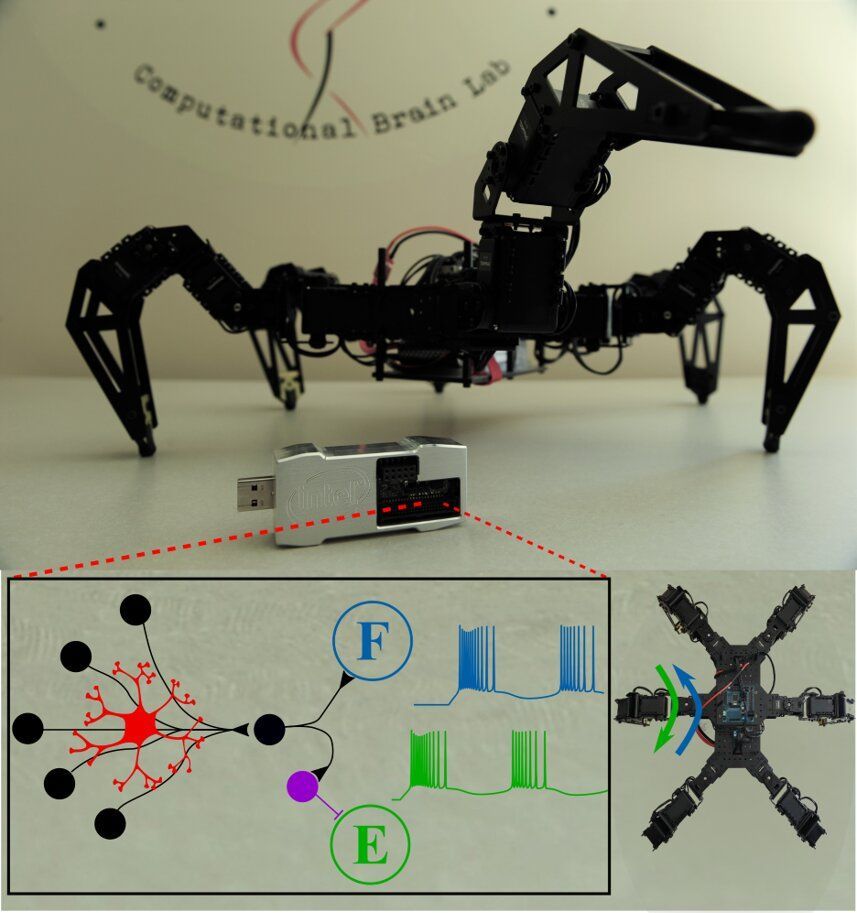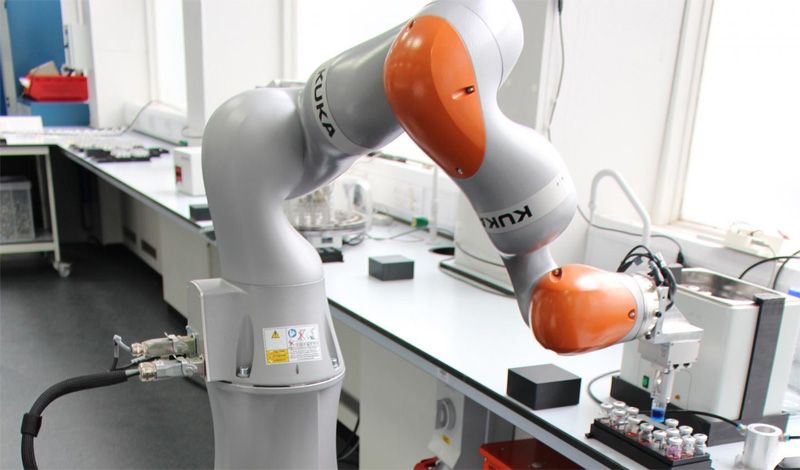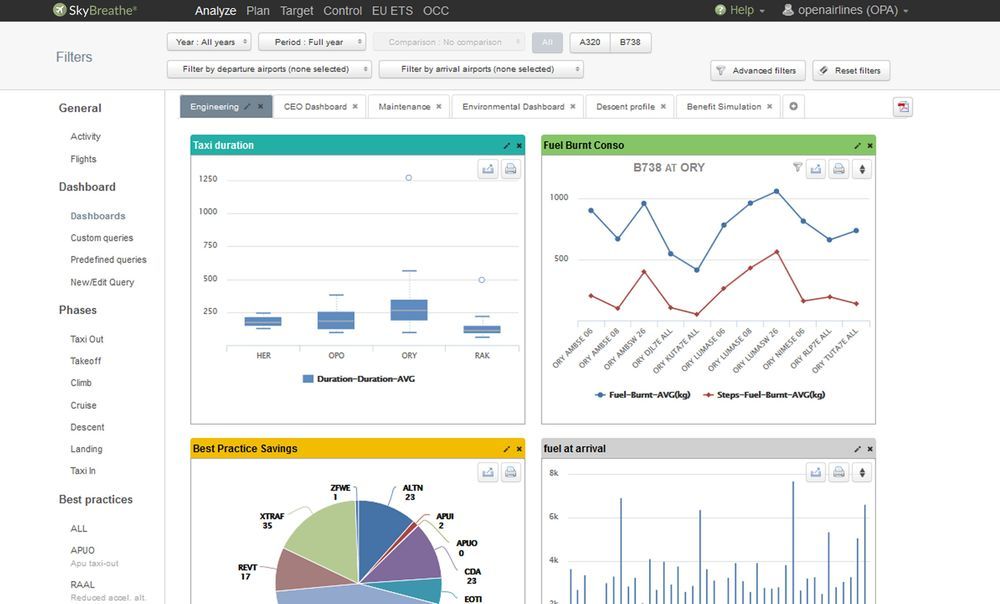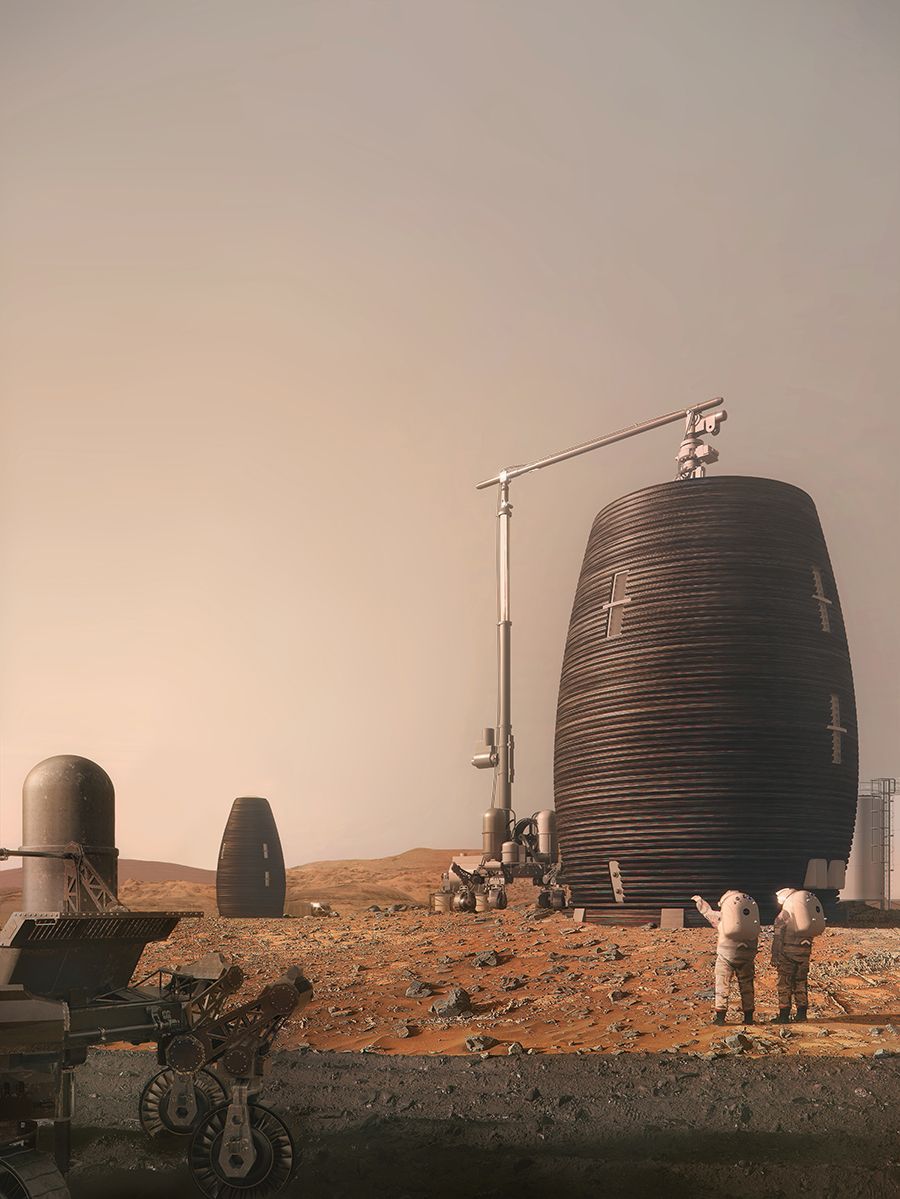Innovation.
The U.S. Air Force plans to have an operational combat drone by 2023. The service plans to build out a family of unmanned aircraft, known as Skyborg, capable of carrying weapons and actively participating in combat. The Air Force’s goal is to build up a large fleet of armed, sort-of disposable jets that don’t need conventional runways to take off and land.
The Air Force, according to Aviation Week & Space Technology, expects to have the first operational Skyborg aircraft ready by 2023. Skyborg will be available with both subsonic and supersonic engines, indicating both attack and fighter jet versions. The basic design (or designs) will likely be stealthy, carrying guided bombs, air defense suppression missiles, and air-to-air missiles inside internal weapons bays. Interesting, according to AvWeek, the Air Force is considering Skyborg as a replacement not only for the MQ-9 Reaper attack drone but early versions of the F-16 manned fighter.






